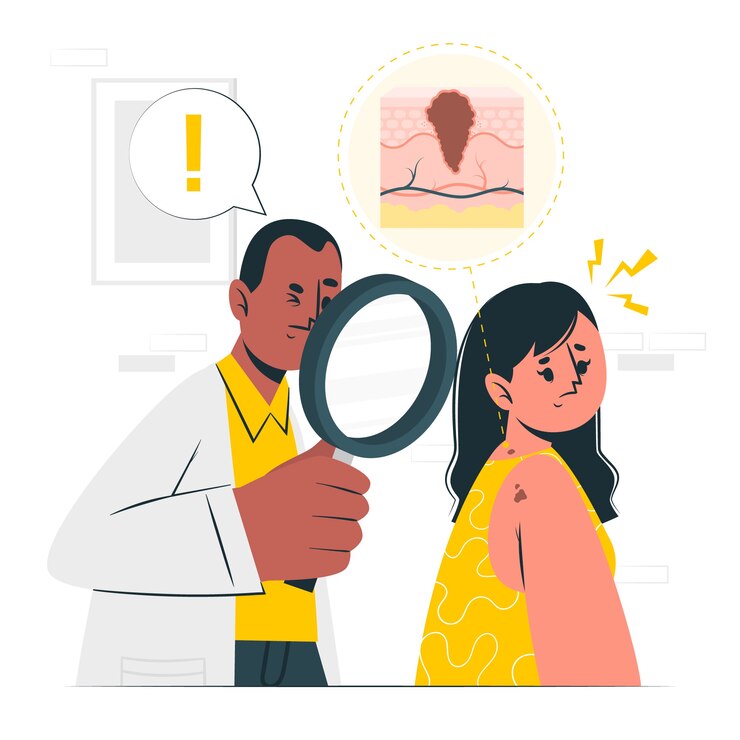
Understanding Medical Treatments for Seborrheic Dermatitis
Introduction:
Seborrheic dermatitis can be a persistent and frustrating condition to deal with. While home remedies provide some relief, medical treatments can offer more effective solutions. Let’s delve deeper into the realm of medical treatments for managing seborrheic dermatitis.
Dealing with seborrheic dermatitis can be tricky, but medical treatments can offer relief. Let’s explore topical steroids, antifungal agents, and more to manage this skin condition.
Exploring Medical Treatments
When home remedies don’t suffice, medical treatments can step in to alleviate symptoms of seborrheic dermatitis. Here’s what you need to know about these options:
- Topical Steroids: These medications come in various strengths and help reduce inflammation and itching. However, they should be used sparingly and under medical supervision due to potential side effects like thinning of the skin.
- Antifungal Agents: Antifungal creams, shampoos, or lotions containing ingredients like ketoconazole or selenium sulfide can target the yeast responsible for seborrheic dermatitis and reduce flaking and redness.
- Calcineurin Inhibitors: These medications, available as creams or ointments, work by inhibiting the immune response that contributes to inflammation in seborrheic dermatitis. They are often used for long-term management.
- Coal Tar Preparations: Coal tar can slow down the growth of skin cells and reduce inflammation, making it beneficial for treating seborrheic dermatitis. It’s available in shampoos, creams, and lotions.
- Salicylic Acid: Shampoos or scalp treatments containing salicylic acid help exfoliate dead skin cells and reduce scaling and flaking associated with seborrheic dermatitis.
Seeking Professional Guidance
Before embarking on any medical treatment journey for seborrheic dermatitis, it’s crucial to consult a dermatologist. They can assess your condition and recommend the most appropriate treatment based on its severity and your medical history.
Conclusion
While managing seborrheic dermatitis can be challenging, medical treatments offer effective solutions for reducing symptoms and improving skin health. By working closely with a dermatologist and following their recommendations, you can find relief and regain confidence in your skin.
To seek medical advice, always consult a Doctor. Here are our recommended EXPERTS. Click here
To read more on SKIN. Click Here



